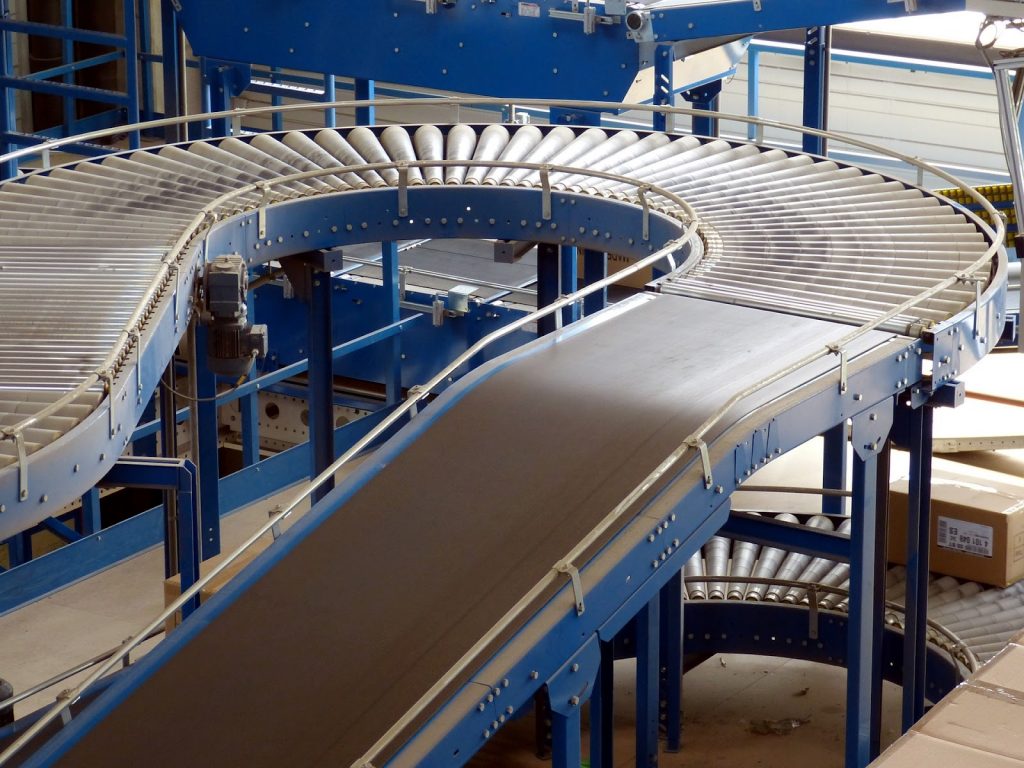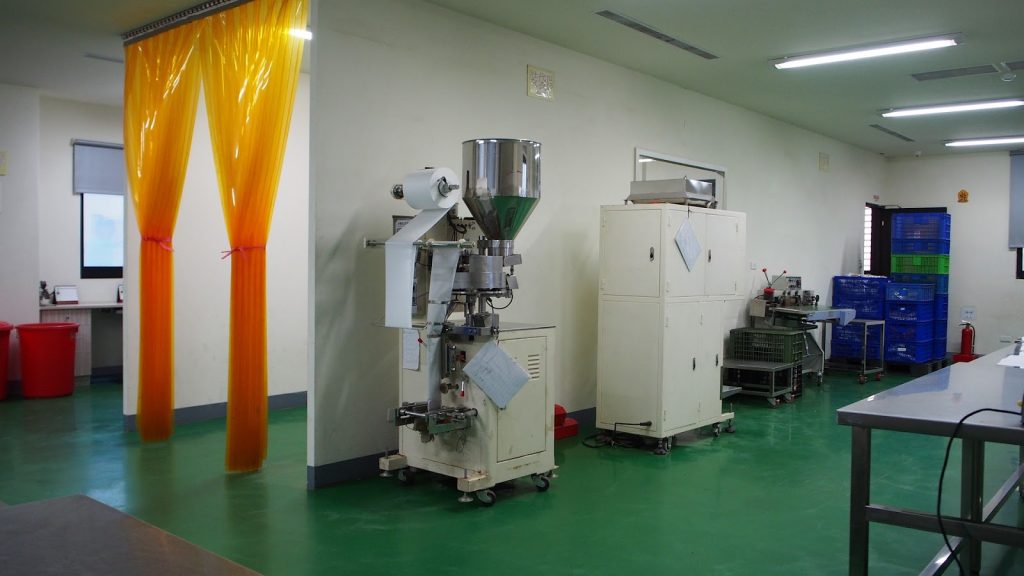In commercial manufacturing, automation of some or all of the processes is essential to efficiently producing and packaging large quantities of items within a set timeframe.
Automated manufacturing allows businesses to achieve high levels of efficiency and productivity in addition to maintaining and improving the quality of products, all of which have positive effects on a manufacturer’s profitability. There are several reasons why all manufacturers have automated at least a part of their production, these include:
- Lower labor costs as fewer manual operators are required
- The elimination of labor-intensive and repetitive manual tasks
- Increased employee productivity; operators spend less time doing manual tasks and more time controlling and monitoring machinery
- Improved product quality; lower defect rates and greater uniformity
- Shorter lead times; products can be made and delivered to customers faster
- Less material waste as software can be used to optimize usage
- Integration with manufacturing plant management software
- Improved safety; machinery completes dangerous tasks rather than employees
Reviewing and upgrading plant machinery is something factory managers must do periodically to remain competitive and maintain a high degree of productivity, and occasionally this involves purchasing and installing new automated machines.
For factory owners and managers considering how to improve their manufacturing processes through automation, here are some solutions commonly found in factories.

Banding
Banding machines are used to wrap several products together with a band or strip made of paper or plastic and are suitable for packaging products in a pack such as cosmetics, food and toiletries. Manufacturers looking to be more eco-friendly and reduce the use of plastic packaging usually opt for buying a paper bander as it would be the most sustainable and as well cost-effective solution. However, some products such as food may require plastic banding due to its greater durability, either way, it is good practice to check the specifications of banding machines and test run them before purchasing to make sure they can properly a certain product.
Cartoning
Automated cartoners rapidly open, assemble and position cartons ready for them to be filled manually or automatically with a single product or several products collated together. Cartoners are used in a range of manufacturing sectors including beverages, craft brewing, food, household goods, personal care, pharmaceutical, paper and textiles.
Tying
The process of tying items to seal or bundle them is used in almost every industry including food, clothing, printers and packaging. Tying machines have a rotating arm that wraps twine twice around the collated items and mechanically join the twine and make a knot. In terms of efficiency savings and fulfilment capabilities, tying machines are much faster than manually tying items together and can tie up to 20 packs in a minute.

Wrapping
Stretch wrapping machines are designed to wrap boxes, containers and parcels over varying sizes before being stored or transported. Utilizing stretch wrapping machines in the final stages of production to package products provides manufacturing businesses with several benefits including:
- Effective and secure wrapping securely holds items together and protects them from dirt, dust and moisture
- Time savings; using automatic wrapping machines are much faster than manually wrapping items
- Lower materials costs due to machines being capable of stretching wrapping film further
- Faster packaging helps to decrease order lead times
- Better inventory control as similar products can be wrapped together, reducing the risk of lost items
Case Erectors
Another automated solution used in the final stages of packaging is a case erector which can automatically open, erect and square boxes and cases ready for them to be filled with products and labelled. Case erectors are ideal for factories or packaging plants that regularly fill hundreds or thousands of boxes per day as they can complete the task much more accurately, consistently and efficiently than human hands. Some benefits of integrating a case erector into a production line are:
- Reduced risk of personal injury such as repetitive strain injuries caused by employees repeating the same action throughout a shift
- Fewer damages during shipping; case erectors use sensors to form perfectly square boxes that can carry heavier products and endure stronger knocks whilst in transit
- A decrease in staffing hours required to assemble boxes
Case Sealers
Once a case or box has been assembled and filled with products it needs to be sealed with tape which if done by hand would take a long time on busy production lines. Therefore, many manufacturers also add a case sealer into the line which can reliably and accurately fold the top flaps and securely seal them.
Fillers
Automatic filling machines are used in many different industries such as cosmetics, chemicals, food and beverages, and pharmaceuticals. Their main purpose is to guide, organize, move and fill bottles as part of a longer automatic bottle packaging line that also involves capping and labelling. For instance, in the food industry, filling machines for spiral pasta are tailored to handle the specific needs of filling and packaging pasta products, ensuring efficient and consistent processing within a more extensive packaging system.
Filling machines are controlled and programmed using a touchscreen display to consistently fill each bottle with the same amount of liquid at a much faster pace than employees could do by hand. Before purchasing an automatic filling machine, manufacturers should send samples of bottles, caps and their products to the supplier of the machine so the process can be tested and calibrated to the product specifications.
Manufacturing Management Software
Cloud-based management software provides manufacturers with the ability to monitor processes and track order fulfilment in real-time. The functions of the software and information it creates can help ensure deadlines are being met and the production line is running efficiently. Most manufacturers have integrated management software into their production process for the several benefits it can have on every operational area, these include:
- Improved delivery times; orders and inventory can be tracked through the production line
- Forecasting demand; previous data can show trends and fluctuations in demand which can be planned for
- Clearer, faster and more responsive communication between customers, managers, employees, shippers and suppliers
- Lower costs due to improved employee productivity and the ability to plan workforce numbers in advance
- Improved efficiency; management software helps by highlighting problems that are currently slowing down production
Automation is an essential part of any manufacturing business, especially one that turns out large amounts of products every day or businesses looking to scale up their production capabilities. For this reason, factory managers should be familiar with a whole range of automated machinery, like the examples in this article, to help keep their knowledge up-to-date so they are prepared for the next performance review.
